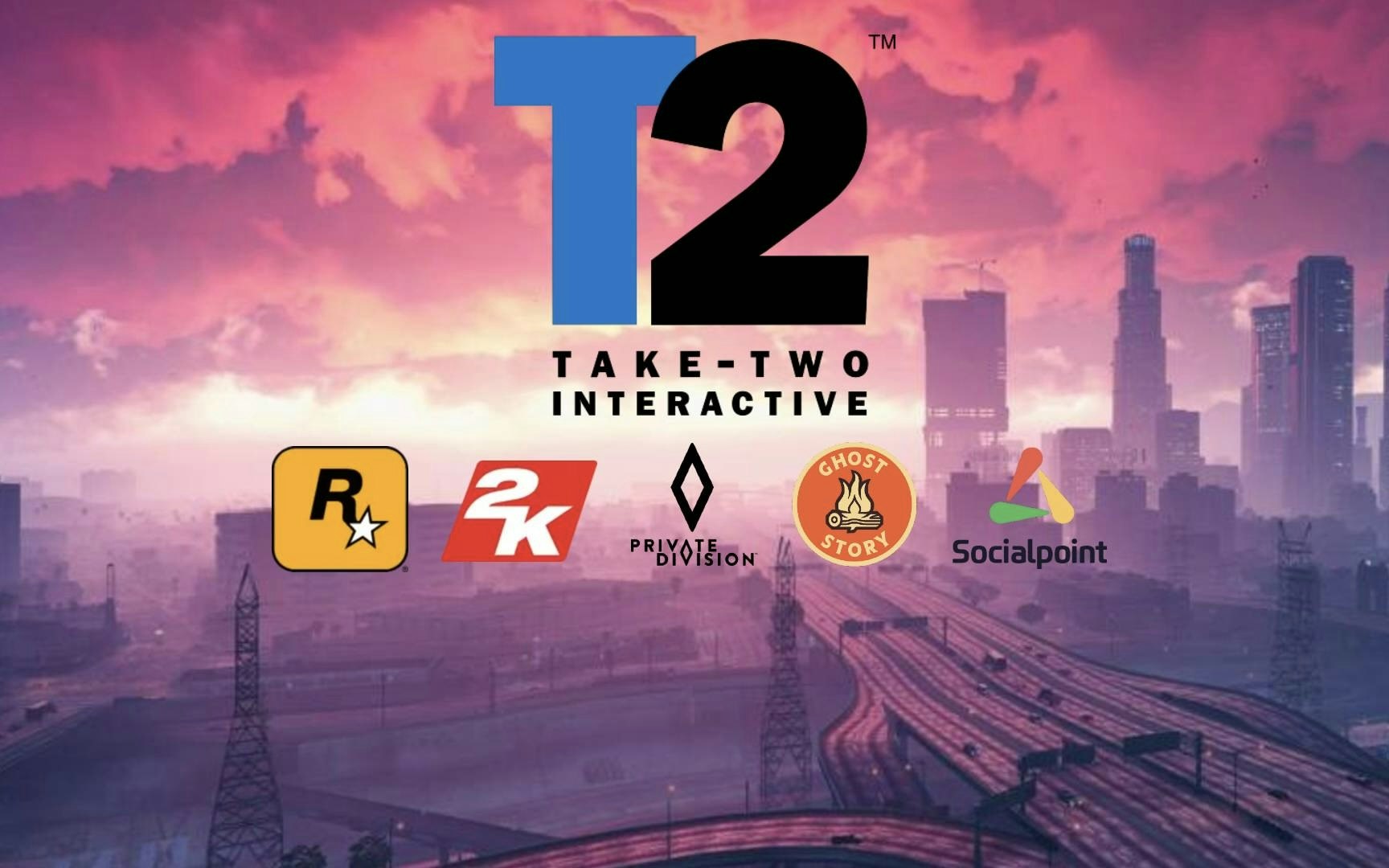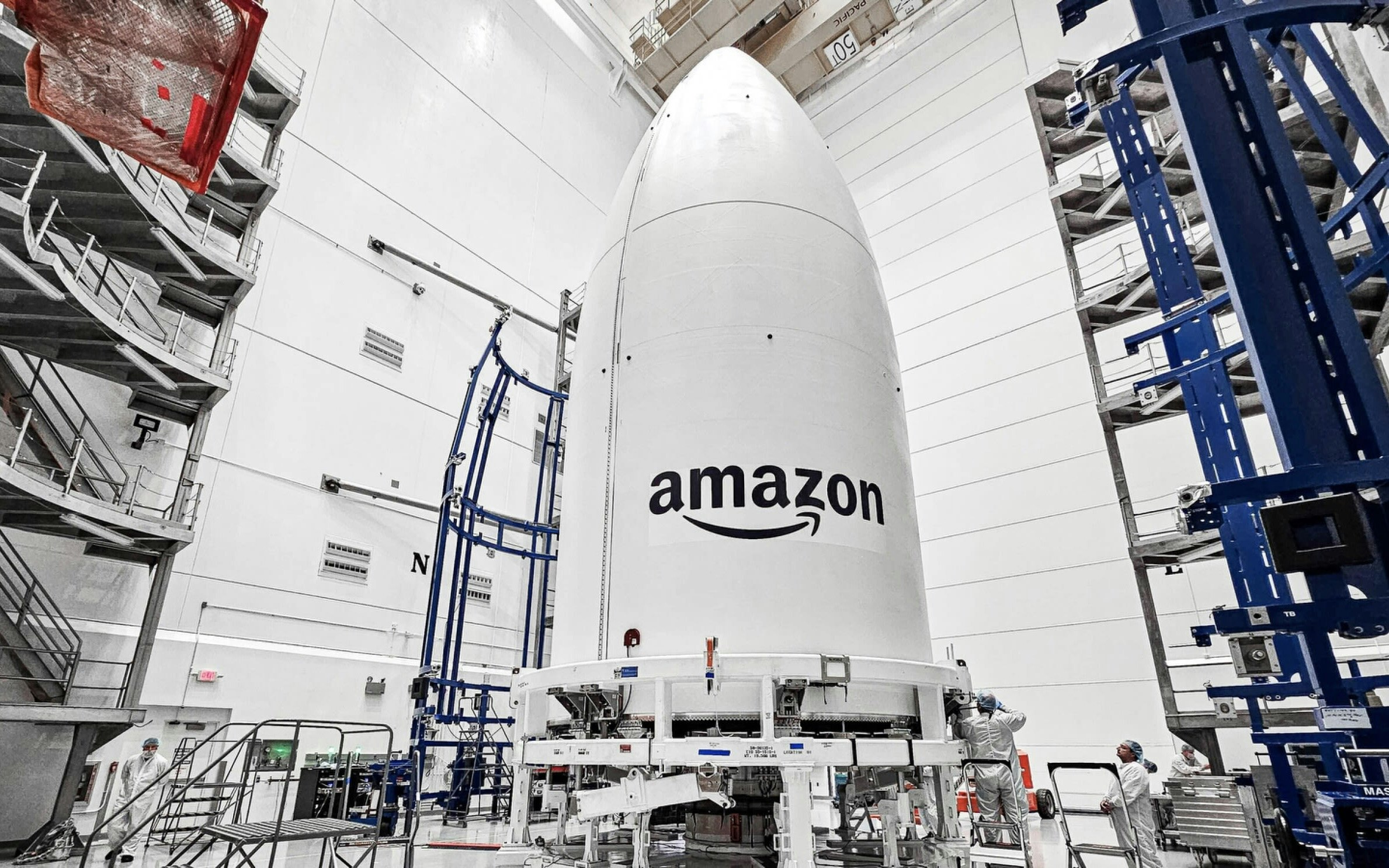Microsoft develops an AI tool to reduce time and costs for approval processes for new nuclear power plants.
In September, Microsoft announced plans to revive the decommissioned Three Mile Island nuclear power plant in Pennsylvania. However, the limited availability of decommissioned facilities and lengthy approval processes for new projects hinder expansion. Microsoft hopes to address the challenges of approval processes with its AI solution and reduce expansion hurdles for nuclear power.
According to Nelli Babayan, Director of AI at Microsoft, licensing is the "biggest bottleneck" in the realization of new nuclear power projects. The costs for licensing applications with the Nuclear Regulatory Commission (NRC) range from several tens of millions to several hundred million US dollars, with delays of up to ten years being not uncommon.
An example of accelerated approvals is the test project "Hermes 2" by the developer Kairos Power in Tennessee, which was approved in November within 18 months. Google is also cooperating with Kairos in developing small modular reactors. The NRC itself is examining the use of AI, including Microsoft's tool, to optimize processes.
Microsoft collaborates with Terra Praxis to train AI models on regulatory documents, geographic and seismic data. This could reduce the drafting of applications from years to just a few hours or days. Terra Praxis sees potential especially in converting decommissioned coal-fired power plants to nuclear energy. A study by the US Department of Energy from 2022 shows that hundreds of US coal plants would be suitable for conversion, which could save up to 35 percent of construction costs.
In addition to efficiency gains, the expansion of nuclear power requires significant investments in supply chains and workforce. Experts emphasize that a comprehensive fleet strategy with the simultaneous conversion of numerous locations is necessary to achieve economies of scale.
At the same time, Walmart, the largest private employer in the USA, has announced that it will significantly scale back its efforts in the areas of Diversity, Equity, and Inclusion (DEI). The retail group will close its "Center for Racial Equity" and discontinue programs that support suppliers predominantly run by women, minorities, or LGBTQ individuals. The decision follows increasing pressure from conservative activists and could set a precedent for other companies.







